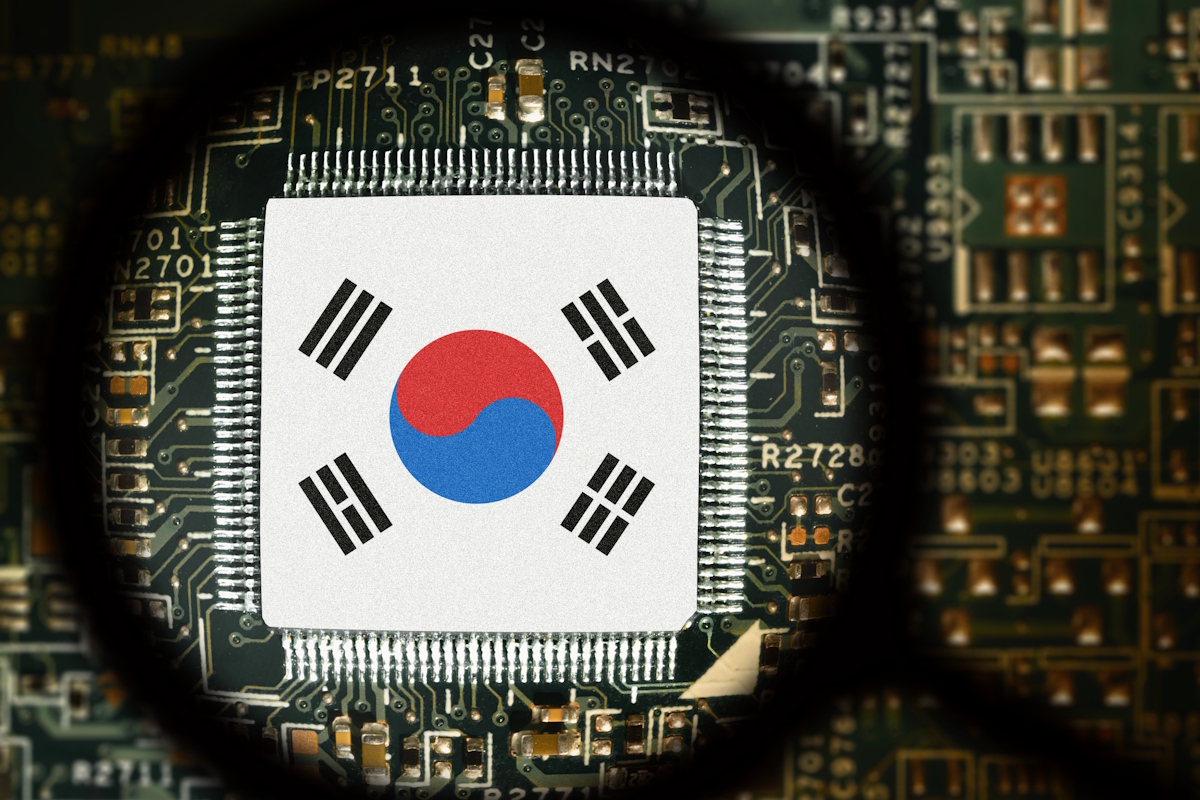South Korea’s transformation from a war-torn economy in the 1950s to a global tech powerhouse is one of the most remarkable growth stories of the modern era. Between 1970 and 2024, the economy grew at an average annual rate of approximately 5.7%, and is now the 12th largest economy in the world, measured by nominal GDP. With artificial intelligence (AI) reshaping global value chains, South Korea is once again positioning itself at the forefront as an AI innovation hub and semiconductor superpower.
Electronics and technology, especially semiconductors, remain the heartbeat of Korea’s economy. South Korea’s semiconductor exports for the full year 2024 reached a record high of $141.9 bn, marking a 43.9% increase from the previous year. This growth was driven by strong demand for high-end products, including high-bandwidth memory chips, despite a general decline in global semiconductor prices. Exports of other tech products also increased, with mobile device exports rising 11% and computer exports surging 77%.
Market leaders such as Samsung Electronics and SK Hynix are ramping up investments in next-generation memory chips and AI-driven processors, positioning Korea as a long-term winner in the global tech race.
As the International Monetary Fund (IMF) pointed out in a March paper, Korea, as a top semiconductor producer, is set to benefit from the global AI boom. “It is projected that global AI demand will lead to the doubling of Korean chips exports by 2030,” the paper states.
AI is also on the government’s agenda. South Korea has pledged about $7 bn in AI R&D through 2027, aiming to become one of the top three global AI powers. The country furthermore plans to construct a mega-scale AI data center with a projected capacity of 3 gigawatts, positioning it among the largest globally. The project is expected to generate approximately $3.5 bn in annual revenue once operational, reflecting the country’s determination to become a central hub for artificial intelligence infrastructure.
“To position itself for future growth, South Korea is looking to both drive and benefit from AI innovation and capitalise on the resulting demand for advanced semiconductor manufacturing,” says Eric Kim, South Korea Country Head for Macquarie Group.
At the same time, AI adoption is also accelerating, with South Korean businesses actively integrating the technology across sectors. Complementing private sector adoption, the government has taken steps to build a robust regulatory foundation by enacting the Basic Act on Artificial Intelligence on January 21, 2025. Set to take effect in early 2026, the law lays the groundwork for AI governance by defining core concepts, establishing development guidelines, and imposing stricter controls on high-risk AI applications.


 Australia
Australia China
China India
India Indonesia
Indonesia Japan
Japan Malaysia
Malaysia Philippines
Philippines Singapore
Singapore South Korea
South Korea Taiwan
Taiwan Thailand
Thailand Vietnam
Vietnam






